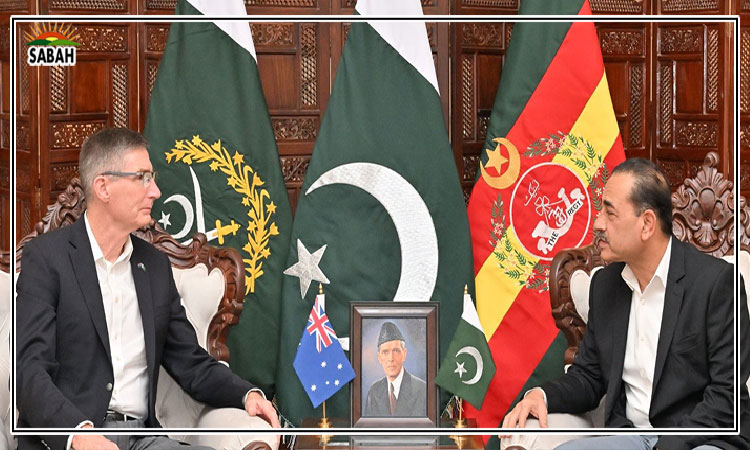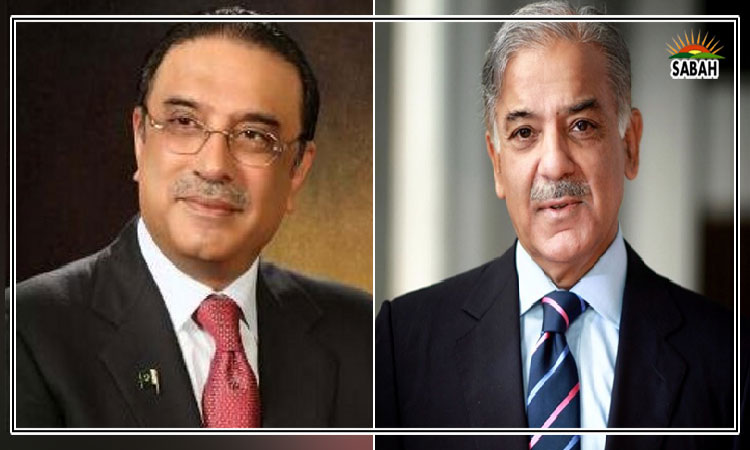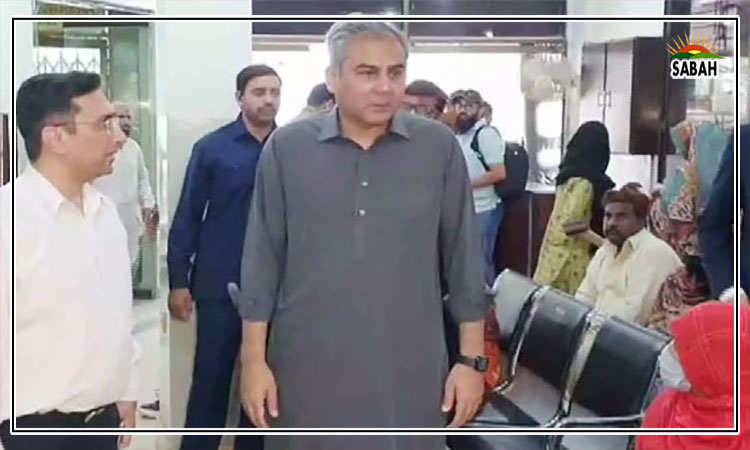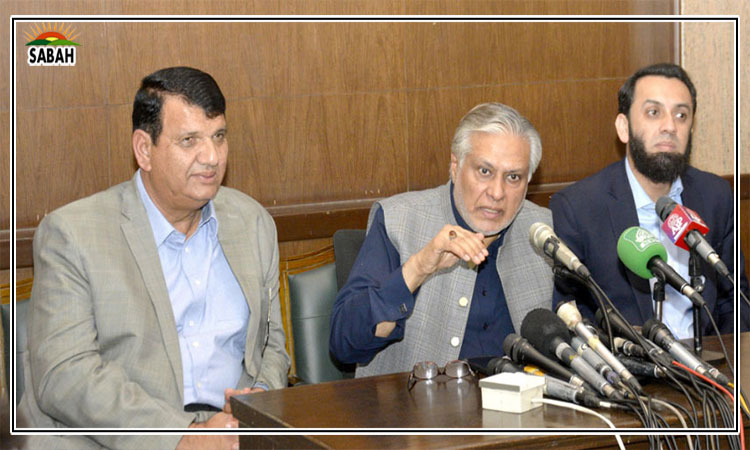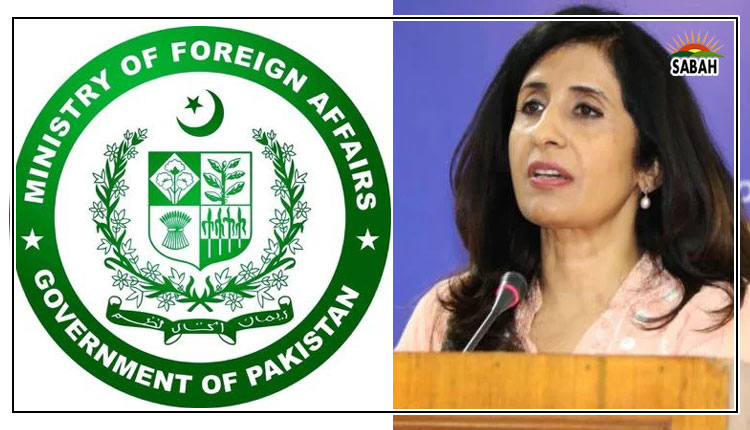The black hole that Balochistan is…Imtiaz Gul
As the Muslim world, in particular, wails and condemns yet another round of unprecedented eviction of Palestinians induced by brutal, self-righteous Israeli hostilities, people in Balochistan sulk in their own grievances and a sense of helplessness.
A round trip of nearly 1600 km between Quetta, Panjgur and Turbat leaves you with mind-blowing impressions. While the current talk at the highest political level revolves around smuggling in Balochistan, the situation on ground betrays a different kind of “smuggling and theft” — broken, cratered, half paved or incomplete roads; under-construction, abandoned government projects; and poorly-constructed public sector buildings. Isn’t this a far more serious concern than the so-called smuggling that serves as the only source of livelihood for thousands, most of them jobless youth?
The second reality that stares all in the face is the simmering Baloch insurgency. Regardless of its nature, it defines the socio-political character as well as the behaviour of the society at large in the restive Makran division.
Let us first glance through the “smuggling” of Iranian petroleum products — an issue that is used to demonise business activities in a region with no industry, little services, bad governance and massive unemployment.
While on the way to Panjgur and Turbat, blue vehicles name Zamiad, loaded with blue jerry cans, zoom past you every now and then, all headed to Hoshab, Kalat, Khuzdar and Quetta. This despite the recent crackdown on this kind of smuggling.
Most of these diesel-carrying vehicles don’t belong to poor locals but to the high and mighty of the Baloch society. Even cursory discussions with local drivers, media-persons and youngsters in Turbat and Panjgur offer incriminating evidence on fraudulent practices at district and sub-district levels here in these two towns — which are the conduit for Iranian diesel, petrol and edibles from Iranian border towns of Jeerak, Cheedgi, Abdoi and others.
At least 1,800 Zamiad ply daily between Turbat, Panjgur and the Iranian border towns, each carrying a cargo of about 2,000 litres of diesel/petrol. This “smuggling” works under two parallel systems.
One is a token system that involves a token issued by the district commissioner against a modest payment. This way the trade becomes legitimate. The rough number of registered Zamiad vehicles both in Turbat and Panjgur stands around 15,000. This registration is meant only for the diesel carrying left-hand driven vehicles, imported from Iran. Every car is registered multiple times in order to be able to carry cargo several times a month. On the face of it these vehicles or their registration belong to local drivers but in reality influential local elites and officials own at times dozens of such vehicles and possess multiple registration numbers for each car.
The parallel system is literally smuggling, without the token system. Politicians, businessmen as well as powerful officials, including uniformed ones, apparently run this informal trade by picking up petroleum products from the border, albeit without any written permission or token. Almost every social gathering, including a recent crowded wedding in Quetta, essentially draws almost every one of the Who is Who of the nexus involved in both the smuggling as well as the formal and informal trade.
These ostentatious gatherings, often wedding or birthday functions of the notables, also expose the bounties of the “smuggling” that takes place literally round the clock under the watchful gaze of all agencies.
This collusion of state institutional authority and the business lobbies (which comprise politicians, ministers, contractors, businessmen), it seems, is the worst enemy of the state interests. On the one hand they ride on the shoulders of poor daily-wage workers, and on the other, they flout regulations to exploit local and imported resources without due export or import duties.
Expensive varieties of phantom fish caught from the sea around Makran division (Jeewani, Gwadar, Ormara) for example, hardly makes it to the export books. It is either smuggled through the smuggling rackets or exported to Iran, Oman either as “scrap” or “vegetables” to avoid export tariffs.
This way the public-private collusion not only deprives Pakistan of valuable earnings, but also denies the country any credit mention at all when it comes to global listings of precious species of fish in its waters.
Whenever Islamabad and Rawalpindi wake up to this flourishing illegal border trade or
unlicensed and unreported fish catch, officials on ground pause it and scale down the operation to report “remarkable curtailment” in smuggling activities. But it largely, directly impacts the daily-wage workers only more than it does the affluent and influential big guns. Their cash inflow continues because of the partners in crime on ground i.e. all government officials who are supposed to guard against illegal flow of goods, fish and people primarily serve as facilitators of these “business” activities.
For these officials and their private partners Balochistan’s border with Afghanistan and Iran as well as the sea waters serves as the goldmine, and hence an extremely lucrative posting. Officials crave to serve a couple of years in Balochistan for personal poverty alleviation. And this further fuels the resentment among common Baloch people. (To be continued)
Courtesy The Express Tribune, October 23rd, 2023.


